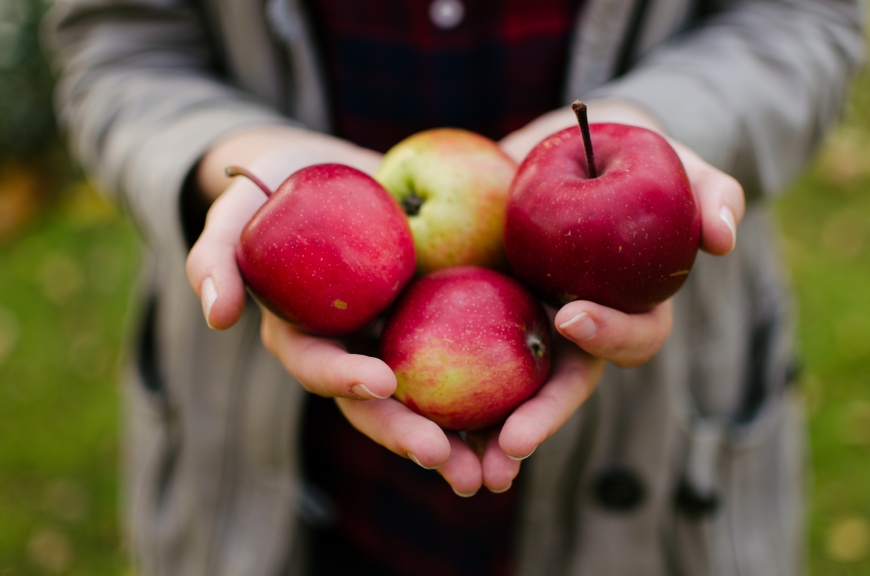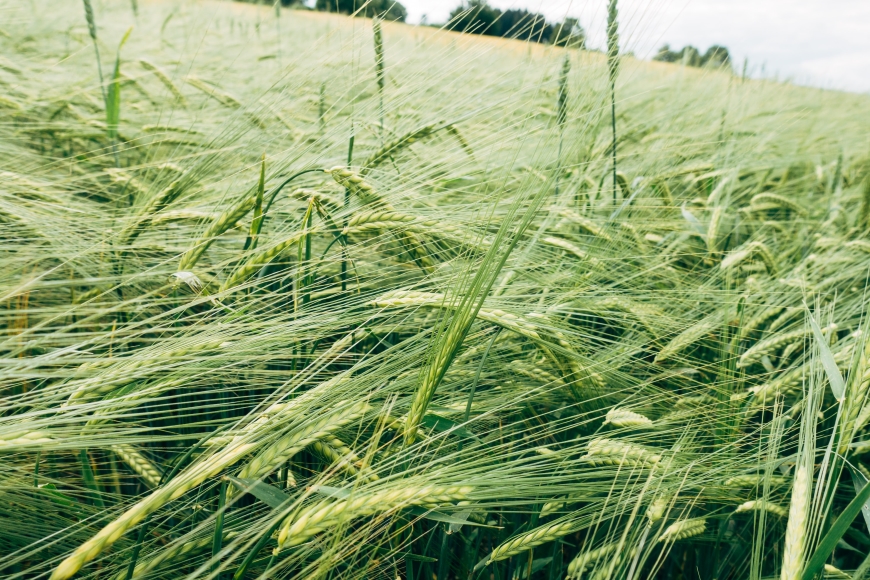Understanding Vitamin C

Vitamin C is a water-soluble compound that is mostly present in fruits and vegetables. In fact, this is especially high in citrus fruits. It is especially antioxidant and immune-rich, and can boost skin health. Similarly, it can help collagen synthesis and connective tissues. It can especially aid the health of your bones, teeth, and smaller blood vessels.
This is micronutrient, which means that your body needs it in small amounts – namely, 90 mg per day. However, it is an essential vitamin to strength and immunity. For instance, it can protect you from bleeding gums, bruising, infections, wound healing and survey. Here are a couple of foods you can gorge on which are rich in vitamin C.
Fruits
Firstly, there is the Kakadu plum, which is a superfood native to Australia. This has astonishingly high levels of vitamin C – namely, 5300 mg per 100 grams. In other words, just one plum carries 481 mg – this is 530% of your daily needs! Further, the fruit is rich in potassium, vitamin E, and lutein, which improves eye health.
Secondly, acerola cherries contains 822 mg of the vitamin (913% of daily needs) in just one-half cup. Further, animal studies show that the extract can ward away cancerous cells, UVB skin damage, and diet-induced DNA damage too. However, more studies among humans can help to confirm this.
Thirdly, you have guavas, which are tropical, pink-fleshed fruits from Mexico and South America. Just one gave fruit contains 126 mg of vitamin C (140% of your daily needs). Further, it is also rich in the antioxidant lycopene. Various studies show multiple positive effects of this fruit. For instance, one study finds that eating 400 grams of peeled guava (7 pieces) on a daily basis can lower blood pressure and cholesterol levels.
Fourthly, there are blackcurrants. Just half a cup of this fruit (around 56 grams) carries 101 mg of this vitamin, which equates to nearly 112% of your daily needs. They get their dark colour from anthocyanins, which are antioxidant flavonoids. Studies show that its vitamin C content can bring you numerous benefits. For instance, it can ward away oxidative damage linked to chronic diseases. These namely include heart, cancerous, and neurodegenerative diseases.
Fifthly, kiwis are a popular and refreshing fruit that packs in vitamin C. It namely carries 71 mg (or 79% of your daily needs). Thus, it can lower oxidative stress, cholesterol, and vulnerability to disease. In fact, eating 2-3 kiwis everyday for a month lowers blood platelet stickiness and cholesterol levels.
Herbs and Vegetables
Firstly, chilly peppers are a common source of vitamin C. For instance, one green pepper carries 109 mg of the vitamin (or 121% daily needs) and red forms carry 65 mg (72% of mg). In addition, the presence of a compounds called capsaicin can lower pain and inflammation. Further, certain sources find that just 1 teaspoon (10 mg) of red chilly powder can increase the rate of fat burn.
Secondly, yellow peppers increase in vitamin C content as it increases. In fact, just half a cup (75 grams) holds 137 grams of vitamin C (or 152% of daily needs). This is double the amount provided by green peppers. This can help you retain eye health and and protect you from cataract progression – various studies show thus too. For instance, a study among 300 women shows that those with higher vitamin C intake saw a drop in cataract risk by 33%.
Thirdly, mustard spinach packs in 195 gas of of vitamin C (or 217% of your daily needs) in its raw form. However, its concentration drops with cooking – cooked spinach of the same amount holds 117 mg of vitamin C (or 130% of your daily needs). Further, this contains a number of essential nutrients like other green vegetables – such as vitamin A, potassium, calcium, manganese, and folate.
Fourthly, broccoli is a cruciferous vegetable carrying 51 mg of vitamin C (57% of your daily needs). Thus, it can lower oxidative stress, cancer, and heart disease, and improved immunity alongside. There are a number of studies which prove this. For instance, one study shows that heavy smokers consuming 250 grams of the steamed green saw a decline in the inflammatory marker C-reactive protein.
Benefits of Vitamin C
This vitamin packs in some incredible benefits to your long-term health. Take a look at some of these below.
Blood Pressure Stabilisation
Heart diseases are one of the leading causes of death, often resulting from high blood pressure. Thankfully, vitamin C can lower blood pressure levels among those with both high and moderate blood pressure. For instance, a study finds that vitamin C supplements can relax blood vessels which carries blood from the heart, and thus lowers blood pressure levels. Similarly, an analysis of upto 29 human studies finds that these supplements can lower both systolic and diastolic levels of blood pressure by 3.8 and 1.5 mm hg respectively. In fact, this pattern is all the more evident among adults with higher blood pressure.
Retains Cardiac Health
Vitamin C can lower your risk of heart disease. This is because it can manage cholesterol, triglyceride blood pressure and blood sugar levels. One study shows that consuming 700 mg of supplements on a daily basis lowers heart disease risk by 25%, than those without it. Similarly, an analysis of 15 studies finds that vitamin C-rich foods has a greater chance of lowering heart disease risk, in comparison to supplements. However, the check on influence of other lifestyle factors on heart health was unmonitored in this study.
Thirdly, an analysis of 13 studies finds that just 500 mg of supplements can lower triglyceride and blood cholesterol levels. Fourthly, another analysis finds that vitamin C supplements can lower LDL (bad cholesterol) and blood triglyceride levels by 7.9 mg/dl and 20.1 mg/dl respectively. In summery, vitamin C holds a definite role in retaining heart health. However, if you already have a diet rich in vitamin C, then you may not need supplements.
Retains Iron Levels
Iron is a micronutrient which enables red blood cell formation and oxygen transportation. Vitamin C supplements play a key role in iron absorption – namely from plant based forms to more easily digestible versions. In fact, just 100 mg of these supplements can raise iron absorption levels by 67%. Thus, it is especially beneficial for vegetarians, since this neglects meat, which is a key iron source.
Immune Health
Vitamin C is one of the most essential micronutrients. This is because it increases levels of phagocytes or lymphocytes which keeps your body safe from disease. Furthermore, it helps white blood cells function effectively and thus protects your body from disease. Moreover, it prevents free radical damage, can strengthen skin barriers, and reduce wound healing time. In this manner, it boosts immunity and keeps you safe from disease.
Takeaways
Vitamin C is one of the most essential micronutrients for both long and short term health. Among other benefits, it enables cardiac health, blood pressure, immunity and sufficient iron levels. Further, it can lower the risk of chronic disease and uric acid levels. It is present in fruits such as cherries, black currents, and kiwis, and vegetables such as broccoli and mustard spinach.
Click here to read about four key Ayurvedic immunity-boosting foods.








